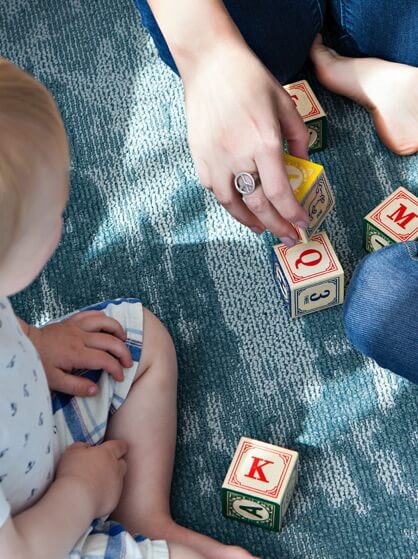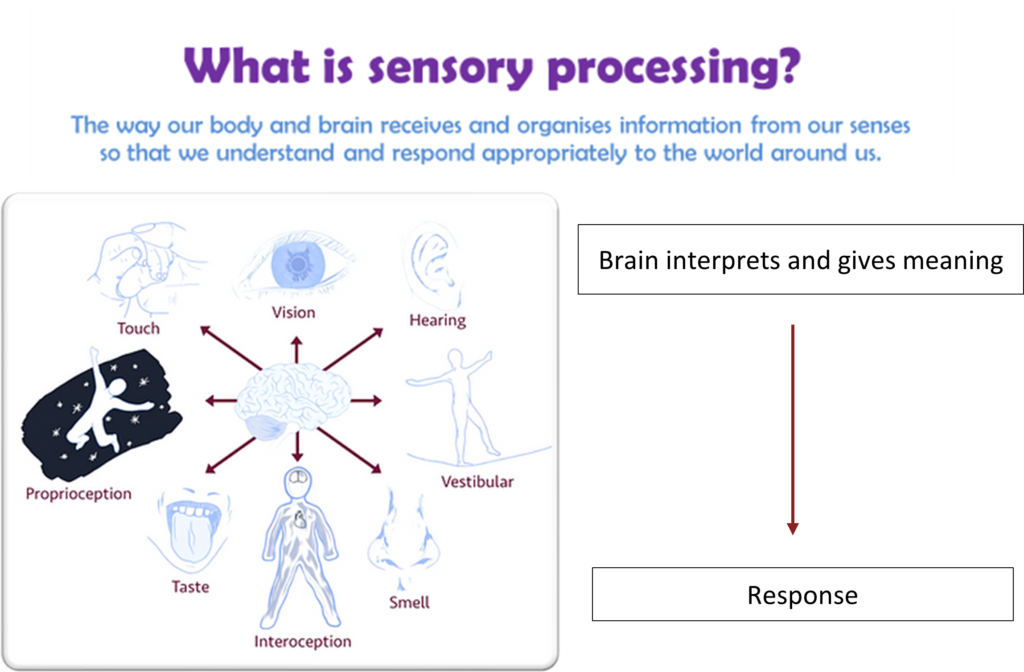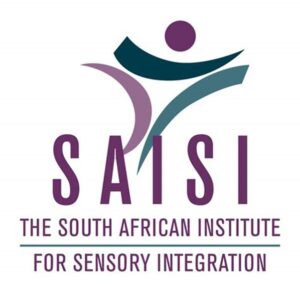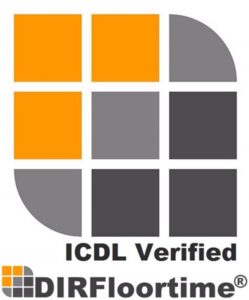Frequently asked questions
For your convenience, here are some frequently asked questions from parents with suitable answers. If you have any other questions or concerns please feel free to contact me.
Answer


OT’s work with children, young people, families and educators to improve developmental skills to enable all abilities to participate in their everyday occupations. Our children and young people want to make the most of their life to participate as independently as possible in their occupations (mainly play, learn, grow and develop), and if they are unable to do so, OT’s can help change, adapt or unlock their ability to partake in occupations best suited to their individual needs. Some occupations for children and young people include:
I will complete a comprehensive assessment to better understand the child or young person, depending on their areas of need. However complex a child’s or young person’s needs, or whether they’ve been assessed before, I look at their strengths, weaknesses, occupations, goals, and environments. During this process, I will equip you with tools and insights as I prioritise therapy to meet their needs. Your child or young person will be viewed holistically, as I believe we need to understand what is important to them so that all parties involved can help make purposeful changes.
I provide assessments, support, treatment and recommendations based on challenges encountered at home, within the community, and in a school setting.
For more information, schedule a free phone consultation, or if you feel your child or young person would benefit from an assessment, please contact me.
All therapy inputs are tailored to meet children’s and young people’s specific needs. OT input will be quoted based on strengths and needs following an OT assessment.
Alternatively, please email me at [email protected] to request an outline of fees. My services are available in Bath, Keynsham and Saltford.
Assessments are essential in the OT process. It helps identify a child or young person’s strengths, abilities, difficulties, the underlying cause of functional challenges and where they are according to age and development. Parents and/or educators’ concerns will guide the assessment process.
Little BEANS Therapy uses holistic and comprehensive assessments to assess:
Your priorities and concerns will guide the assessment process.
At Little BEANS Therapy, I can also provide individual and specialist assessments for children or young people’s needs. These assessments include, but are not limited to:
If a child or young person is processing sensory experiences differently from others, we want to understand how they see the world; and what we can do to help them feel happy, calm, and safe in their own body and environment, including home, school and community.
Individuals with sensory processing difficulties struggle to understand, process, and respond appropriately to sensory input from their environments or bodies.
A child or young person’s body and brain may receive and feel too much or too little sensory information. And so, they may behave in a way to help make themselves feel safe and happy.
A child or young person may behave in a way that helps them avoid environments or situations that they find scary, uncomfortable, or overwhelming. They might be feeling too much.
A child or young person may behave in a way that helps them get more sensory input that gives them a good feeling. They might seek more sensory input because their body is receiving too little.
Sometimes this behaviour can appear odd, disruptive, or naughty to others.
Those seeking or avoidant behaviours can sometimes make it difficult for a child or young person to participate in daily life activities like play, learning, socialising with friends, bathing, eating, and/or toileting.
We can help children or young people by giving them the sensory input they seek.
Or we want to help them cope with the sensory input that makes them feel scared or uncomfortable.
Sensory strategies can help them feel calm; happy; organised, and regulated to feel ready to focus on tasks and engage with others.
Sensory Processing, or Integration, needs to happen efficiently for a child or a young person to pay attention, listen, learn, feel calm but alert; feel safe; use language; communicate; and socially interact.
Sensory Integration brings all of the puzzle pieces together for many who struggle with daily activities and/or at school. If they have trouble focusing, can’t sit still, experience motion sickness, have difficulty following instructions, or struggle with balance, Sensory Integration by a qualified OT may help.

Therapeutic Listening (TL) is an evidence-based auditory intervention that can support children or young people with sensory processing, listening, communication and attention difficulties. It has a sensory integrative perspective. Sound is a powerful means to access the nervous system and bring along change because the auditory system is closely connected to many parts of the brain.
-Therapeutic Listening Program:
To learn more: https://vitallinks.com/therapeutic-listening/parents/
DIR® stands for Developmental, Individual Differences, Relationship-Based.
DIR Floortime® is a relationship-based therapy for children and young people with special educational needs, developmental delays, mental health challenges, and social communication difficulties, including Autism. The intervention is called Floortime® because the facilitator (adults) gets down on the floor with the child or young person to play and interact with them at their level. DIR Floortime® is an internationally recognised and evidence-based approach developed by Dr Stanley Greenspan and Serena Weider. It creates a mind to incorporate flexibility, grey area thinking, shared opinion, improve non-verbal and verbal communication and facilitate learning and problem solving through emotional experiences and pretend play skills.
To learn more: https://www.icdl.com/dir
Early intervention is mainly for infants and toddlers at risk for developmental delays. It is important to remember that childhood development is a complex process, and not all children or young people will move at the same pace.
OT can help identify and meet children’s needs in their developmental areas.
Handwriting incorporates many skills, including fine motor control, visual motor coordination, visual perception, planning, sensory processing, cognitive functioning, and integrating these skills – a very complex task.
When a child or young person struggles with handwriting, it often leads to frustration and decreased motivation to complete written tasks. Early identification of skill difficulties ensures they are addressed quickly and minimises the impact on academic progress. It may also help identify alternative means of recording work or support difficulties related to handwriting struggles.
Visual Perception is the ability to process what we see. The entire process is responsible for visual sensory stimuli and specific mental functions. Visual Perception allows a person to accurately judge objects’ size, configuration, and spatial relationships. These skills include recognising and identifying shapes, objects, colours, and other qualities.
Whether a child’s or young person’s teacher or parent has picked up on difficulties within their visual perceptual development, OT’s can support them by identifying the nature of the problem and the reasons why they exist.
OT for children or young people with complex needs can improve quality of life, independence, safety, and communication.
I aim to work alongside existing support services to ensure a holistic and rounded approach for the family, the child or the young person. I ensure recommendations made are practical and achievable. I can look at, but is not limited to, environmental controls, seating, adapted equipment, and independence skills related to all areas of daily living.
Group therapy is a great way to enhance motivation for engagement and participation, especially in areas of skill development that can be daunting and demotivating for children or young people.
Group settings are small, consisting of 3-6 members having the same or similar difficulties. The most common group run is for handwriting, but groups can also include and are not limited to self-care, emotional regulation, and gross- or fine motor skills.
Groups can run during half-term breaks and holidays.
Please note that the OT reserve the right to determine whether a group setting is the best therapeutic approach to meeting a child or young persons needs.
Group prices depend on the duration, time of year, group size, resources used, and level of needs/strengths within the group.
Teletherapy is therapy services delivered through an online platform. This service can include but is not limited to, therapeutic interviews, parent consultations, home/education environment assessment, and therapy sessions.
To complete an online session, you will require a reliable internet connection, a laptop or device supported on a stable surface and a quiet room. Resources needed for the session will be discussed with you in advance.
Little BEANS Therapy offers workshops to schools and parents on various topics, including teacher training on inset days, to promote OT and share expert knowledge, strategies, techniques and tools. It is always good to incorporate therapy methods into the classroom, playground, community and home life.
Little BEANS Therapy values empowering parents and educators to feel competent and confident in meeting children’s and young people’s needs. It helps equip those supporting the child or young person most.
If you have any specific topics that you are interested in or if you’d like to book training for school staff, please email me on [email protected]
For your convenience, here are some frequently asked questions from parents with suitable answers. If you have any other questions or concerns please feel free to contact me.
Answer




